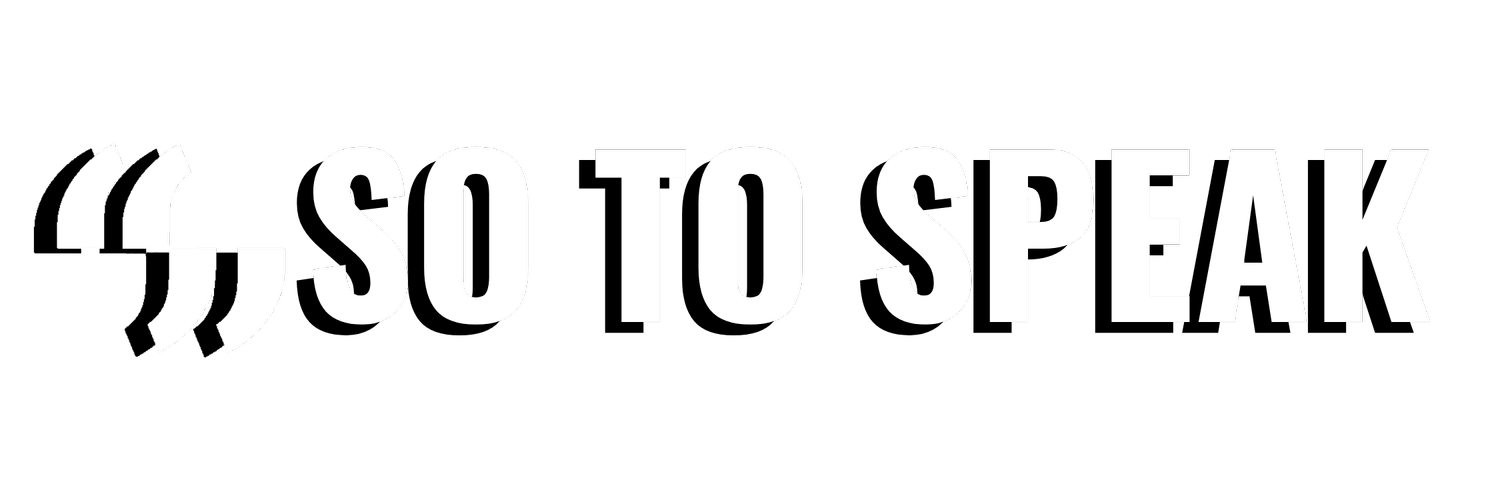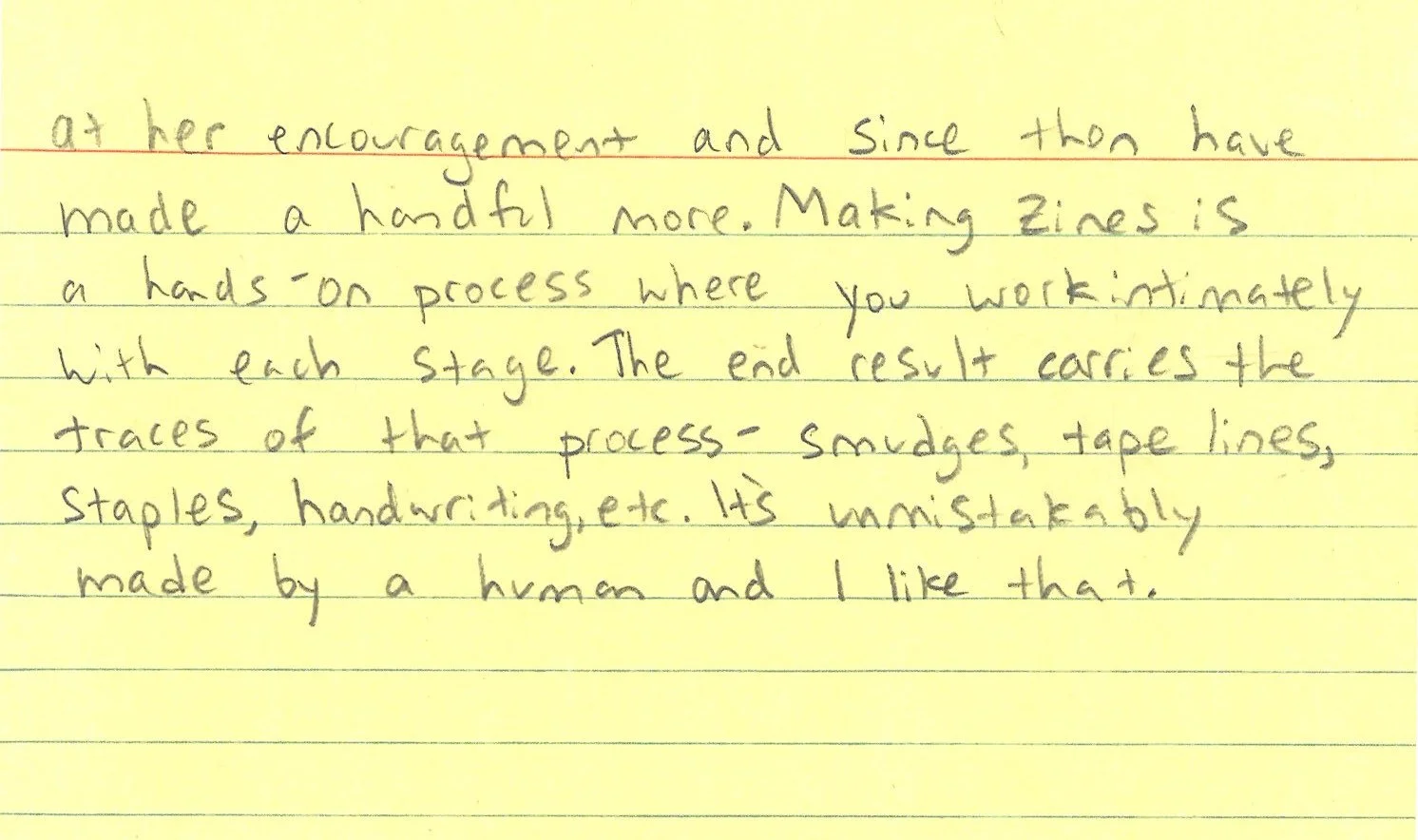Speaking With Oliver Baez Bendorf
In this super rad interview, conducted by Madeleine Wattenberg, we hear from Oliver Baez Bendorf about his collection of poetry The Spectral Wilderness, zines, library usage, and book recommendations.
Madeleine Wattenberg: When reading poetry about transformation, I often find it easy to get lost in the process of becoming and becoming. While this certainly can be enjoyable in its own right, one thing I found particularly beautiful in your collection is how you pair concepts and processes of transformation with clarity of image and precision of line. In other words, there are things in your poems to hold. Is this balance something you thought about as the collection developed?
Oliver Baez Bendorf:
MW: In many ways, your collection seems to ask questions about how a body is inscribed upon by social systems—and how a body can change this inscription. I’m thinking, for example, of the poem in which a tomato is reclassified as a vegetable for tax purposes, as a metaphor for how a society might impose inscription. Can you talk a little bit about exploring the relation between the body and language through what is, of course, an art consisting of language—the poem?
OBB:
MW: You published your first book The Spectral Wilderness through what’s a pretty traditional publication model for poetry these days—a book contest. But you also work on a number of other projects that take less traditional routes on their way to the public/ation, including comics, poetry-comics, zines. Do you see these other avenues as necessary for generating conversations about poetry or reaching an audience that otherwise might not have access?
OBB:
MW: MFA programs are sometimes critiqued for producing production-line aesthetics. After your MFA, did you have to allow yourself to turn to these hybrid presentations or were you working on them simultaneously?
OBB:
MW: Can you talk a little about what it means to be a librarian at this current moment in time? What do you think are the main obstacles regarding how information currently travels and what makes it to the archive?
OBB:
MW: And, our final question—what book recommendations do you have? What should we be reading!
OBB:
Oliver Baez Bendorf (b.1987 Iowa) is a queer poet, cartoonist, teacher, and librarian. His first poetry collection, The Spectral Wilderness, was selected by Mark Doty for the Wick Poetry Prize and published by Kent State University Press in 2015. Bendorf’s work has also appeared in Alaska Quarterly Review, Blackbird, Indiana Review, The Rumpus, Transgender Studies Quarterly, and Troubling the Line: Trans and Genderqueer Poetry and Poetics. He has received poetry fellowships from the University of Wisconsin-Madison, Lambda Literary Foundation, and Vermont Studio Center.
Bendorf is also a cartoonist, librarian, teaching artist, and activist. His teaching work with marginalized communities has been supported with funding from Poets & Writers, and his activist work on #PulseOrlandoSyllabus and Orlando Flyers was covered by new outlets such as Chronicle of Higher Ed, Ploughshares, Slate, and WLRN Miami. He is an alum of the University of Iowa and the University of Wisconsin- Madison, where he earned an MFA in Poetry and an MA in Library and Information Studies.








